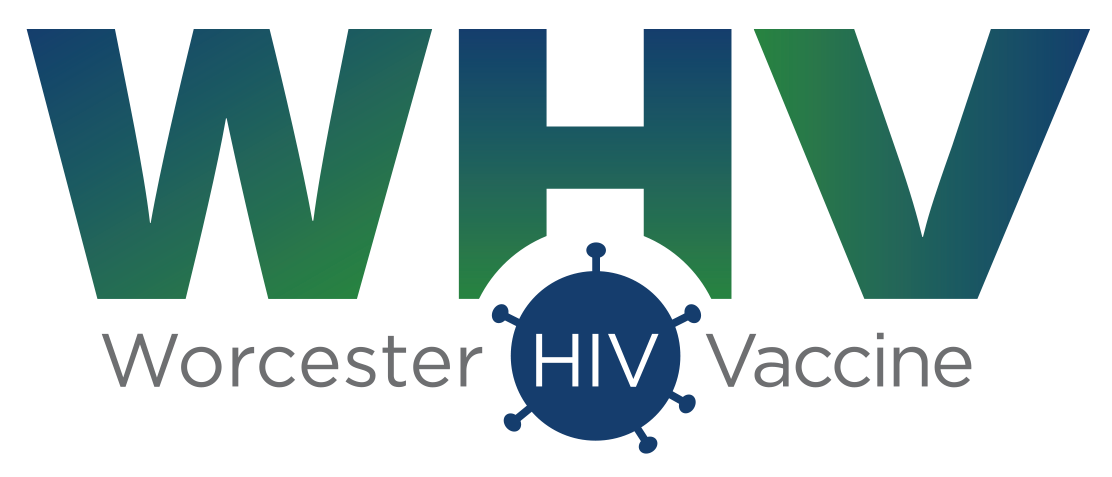WHV commends the many researchers, donors, partners and more than 5,000 participants of the HVTN 702 trial in South Africa, which was stopped early due to lack of efficacy.
Science is incremental and with each efficacy trial the field learns what works and what does not. It’s clear that much work needs to be done to better understand the results of HVTN 702.
In 2009, the RV144 trial of an HIV-1 vaccine in Thailand showed 31% efficacy in preventing HIV infections in general population. Detailed follow-up studies identified correlates of risk, suggesting which immune responses may be likely to provide protection against the virus.
Building on this success, the Pox Protein Public-Private Partnership (P5) consisting of a diverse group of stakeholders in the field, designed a similar vaccine to target subtype C HIV-1 prevalent in sub-Saharan Africa and launched the efficacy HVTN 702 trial in South Africa. Early stage clinical trials of this vaccine showed responses similar to or better than those observed in RV144.
So while the field was hopeful that the HVTN 702 trial would show some efficacy, the results are disappointing, but once again highlight the extraordinary challenge of HIV-1 vaccine development. Now more than ever, there is a clear need to explore diverse and innovative approaches.
Worcester HIV Vaccine remains committed to rapidly advancing its unique vaccine candidate PDPHV to further clinical testing, including an efficacy study. We will work tirelessly to make sure that a safe and effective vaccine is available to prevent HIV-1 infections around the world.

